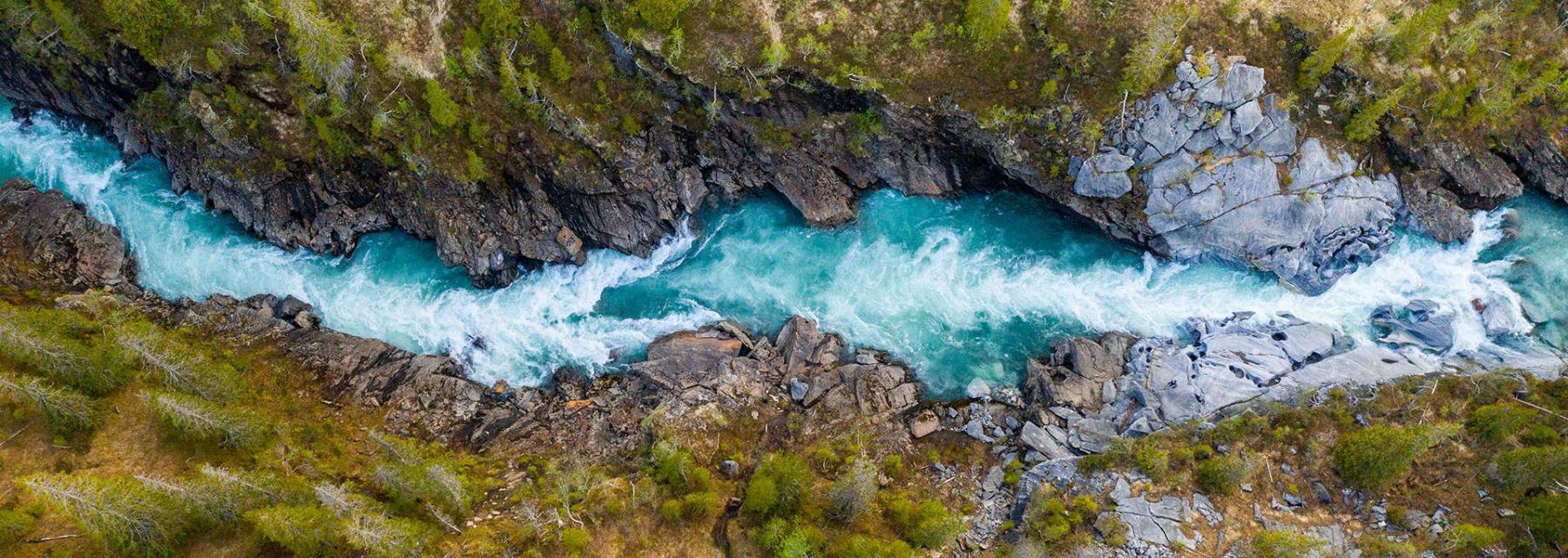
Earth Day Ocean Clean Up
by Tonya Page
In this lesson, students will collaborate to design and engineer a product to contain and clean up an oil spill while saving the affected wildlife. They will also accurately complete an itemized receipt. Then, students write a multi-paragraph passage communicating their oil spill cleanup experience, struggles and man-made effects on the environment. This real-world problem-solving lesson allows students to develop a deeper understanding of issues that impact wildlife and how to create solutions.
Lesson Grade Level
6th GradeLesson Plan Link/URL
https://docs.google.com/presentation/d/16xta17SeZx_NjfC4LXv6pYKWPKZ-wYI8/edit?u…Subject Area
Science Physical Science P1: Matter Life Science L2: Organisms & Energy Engineering S1: Engineering & Global Society S2: Apply the Engineering Design Process S3: Apply Mathematics to Engineering S4: Apply Science to Engineering S6: Apply Communications to Engineering S7: Apply Project Management to Engineering Mathematics Operations and Algebraic Thinking (OA) Number and Operations in Base Ten (NBT) The Number System (NS) English Language Arts (ELA) Reading (Informational Text) Writing Speaking & Listening
Featured
Off
Related Content

Grades:
3rd Grade, 4th Grade, 5th Grade
This lesson takes place in as classroom for one or more 60 minute class periods. The data collection portion may continue for 2+ weeks (or whatever time frame you decide). An emphasis is placed on the

Grades:
9th Grade, 10th Grade
This lesson plan focuses around 4 key topics, with activities for each. The plan covers renewable energy, solar energy, why solar energy is important, and what the children can do to conserve energy

Grades:
6th Grade, 7th Grade, 8th Grade, 9th Grade, 10th Grade, 11th Grade, 12th Grade
Are your students fans of Formula 1? If they are or aren't this lesson will take a look into the dominance of Red Bull Racing in Formula 1. Why is Red Bull so dominant? Is it the driver or the